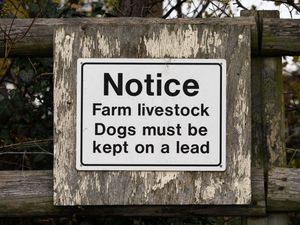Pioneering prosecution a warning to Welsh landlords
Some may have seen in the press already that the first prosecution of a Welsh landlord was successful in June this year.

It occurred in South Wales with a fine of £4,400 for operating a dangerous, unlicensed house in multiple occupation and failing to comply with Rent Smart Wales. The breach was identified following an inspection by environmental health officers, who discovered problems with the design and layout of the property and blockages to escape routes.
With this in mind it is worth remembering what you need to do if you are a landlord of a residential property in Wales.
Changes brought in by the Housing (Wales) Act 2014 ensure that since November 23, 2016, any landlords and agents that do not comply with Rent Smart Wales are breaking the law.
Landlords, and their agents, undertaking letting and management tasks on residential properties in Wales must carry them out in a ‘fit and proper’ manner.
Rent Smart Wales is the licensing authority for the whole of Wales. It will process landlord registrations and grant licences to landlords and agents. It also runs training courses.
As a landlord with residential properties in Wales that are let on a residential tenancy you are obliged to register. Such a registration lasts for five years and during that period all information must be kept up to date, including any changes of address or any additional properties. Registration can be done online or on a paper format for a higher fee.
If you, as a landlord, also undertake letting tasks and manage the property then you are classed as ‘self-managing’ and must also become licensed. This involves submitting an application and showing evidence of suitable training. This will be assessed to determine if the licence can be granted. A licence lasts for five years and can be done online or on a paper format, again at a higher fee.
An agent doing management and letting work of Welsh residential property must also be registered and licensed. The agent must attend the appropriate training courses and submit the relevant fee. These fees are graduated to reflect the number of properties that are managed by the agent, with discounts available where the agent is a member of a recognised professional body.
Letting tasks would typically include viewings, dealing with any references, preparing a tenancy agreement or an inventory.
Management tasks would include collecting the rent, being a principal point of contact for a tenant, arranging repairs and arranging access with the tenant, and serving notice to terminate the tenancy.
Rachel Kirk MRICS FAAV is at Fisher German LLP's Chester office




